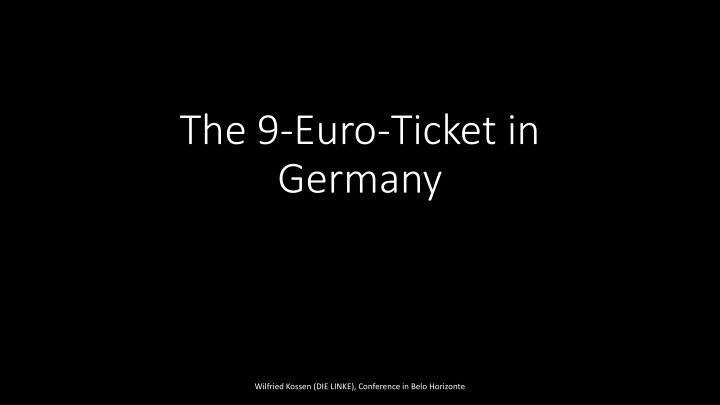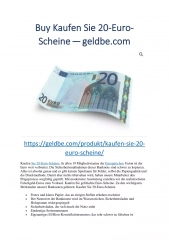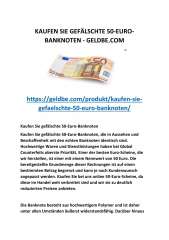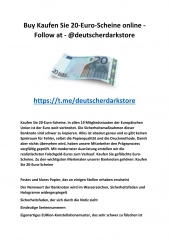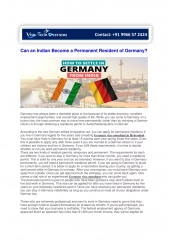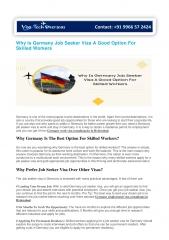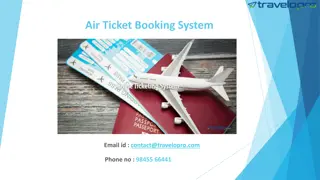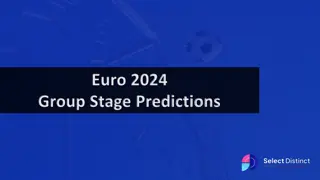Success of the 9-Euro Ticket in Germany: Transforming Public Transportation
The 9-Euro Ticket initiative in Germany, spearheaded by Wilfried Kossen, has seen significant success with millions of tickets sold. This affordable ticket is valid for local and regional public transport, resulting in a substantial portion of the population benefiting. The scheme has led to positive impacts on rail and car traffic, reduction in fare dodging, and easing traffic congestion in cities.
Download Presentation

Please find below an Image/Link to download the presentation.
The content on the website is provided AS IS for your information and personal use only. It may not be sold, licensed, or shared on other websites without obtaining consent from the author.If you encounter any issues during the download, it is possible that the publisher has removed the file from their server.
You are allowed to download the files provided on this website for personal or commercial use, subject to the condition that they are used lawfully. All files are the property of their respective owners.
The content on the website is provided AS IS for your information and personal use only. It may not be sold, licensed, or shared on other websites without obtaining consent from the author.
E N D
Presentation Transcript
The 9-Euro-Ticket in Germany Wilfried Kossen (DIE LINKE), Conference in Belo Horizonte
The 9-Euro-Ticket Was passed by Parlament May 15th 2022 For June, July, August 2022 (continuation unclear) Ticket ist valid for local and regional Public Transport (commuter train, bus, subway, ), not for long- distance trains Wilfried Kossen (DIE LINKE), Conference in Belo Horizonte
Success of the 9-Euro-Ticket In June 21 Million Tickets have been purchased 10 Million monthly Passes are automatically changed into a 9-Euro-Ticket In consequence nearly 40% of the Population has a 9- Euro-Ticket Wilfried Kossen (DIE LINKE), Conference in Belo Horizonte
Why ist the Ticket attraktive: (a) It is cheap Monthly Pass per regional transport association: 57 112 Euro Price jump if monthly pass covers more than one area Wilfried Kossen (DIE LINKE), Conference in Belo Horizonte
Why ist the Ticket attraktive: (b) It is easy to use. Different prices and fare zones in each region The 9-Euro-Ticket costs the same everywhere. No regional limitations to its use. Wilfried Kossen (DIE LINKE), Conference in Belo Horizonte
Effects on traffic Rail traffic: +42% Compared to 2019 Highest increase: 30-300 km Wilfried Kossen (DIE LINKE), Conference in Belo Horizonte
Cologne to Berlin by train By long distance train (ICE) 4h 20 min direct connection By regional train 9h 6 trains, 5 changes Wilfried Kossen (DIE LINKE), Conference in Belo Horizonte
Effects on traffic Rail traffic: +42% Compared to 2019 Highest increase: 30-300 km Fare dodging: Reduced by 50% to 90% Car traffic: -6% Fewer traffic jams in 23 of 26 cities Local Public transport: No clear picture yet. Wilfried Kossen (DIE LINKE), Conference in Belo Horizonte
The Ticket shows Problems and Deficiencies Some trains overcrowded (Especially touristic lines and around Holidays) People with impaired mobility have difficulties using the train Taking a bike onto train not always allowed Lower punctuality Infrastructure is strained and fails Workforce is overburdened, high sickness ratio Wilfried Kossen (DIE LINKE), Conference in Belo Horizonte
How high is the Bill? June, July, August: 2,5 Billion Euro In one year: 10 Billion Euro Wilfried Kossen (DIE LINKE), Conference in Belo Horizonte
Can the Bill be paid? Ja! Subsidies detrimental to the Environment: At least 65 Billion Euro per year 8,2 Billion Euro Tax Reduction for Diesel fuel 6,0 Mrd. Euro Compensation for commuters 3,1 Mrd. Euro Refund for company cars Wilfried Kossen (DIE LINKE), Conference in Belo Horizonte
What happens next? Continuation of the 9-Euro-Ticket 29-Euro-Ticket / 365-Euro-Ticket Several Tickets for city / area / country 69-Euro-Ticket End the Ticket, evaluate it, set up a study group In autumn Wilfried Kossen (DIE LINKE), Conference in Belo Horizonte
